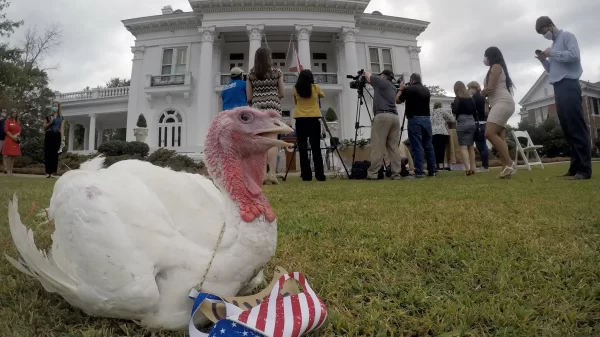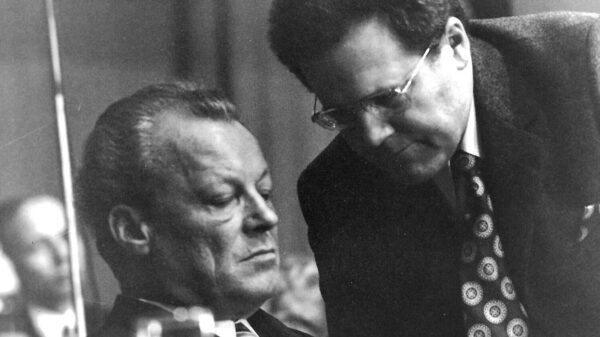Recent developments in Syria highlight the need for the United States to revisit its broader Middle Eastern policy.
Early last week, I joined a small meeting of House Republicans for an update on Syria from Secretary of Defense Mark Esper where he discussed a phone call from President Erdogan of Turkey to President Trump.
During that call, Erdogan notified President Trump that after years of waiting at the Syrian border, Turkish troops would finally cross over. He assured that Turkey was not coming after our troops but targeting certain Kurdish factions they consider terrorists. He gave President Trump 48 hours to relocate the two dozen or so American troops stationed on the border.
President Trump was faced with a difficult decision. Ultimately, he decided to remove American servicemembers from harm’s way to prevent a full-blown conflict with Turkey.
Turkey’s incursion into Syria is wrong and very troubling. Erdogan should never treat our President and our country the way he did on the phone call. There will be serious consequences for his behavior.
I support seeking methods of leverage with Turkey that do not endanger our troops.
After President Trump proposed harsh economic sanctions, the administration negotiated a cease fire with Turkey. The cease fire has been shaky at best, but it probably prevented many more deaths in the region.
This is happening in the context of a greater strategic problem in the Middle East. For at least a decade, we’ve lacked a well-defined mission. What are our interests in the Middle East? What do we do to pursue and protect those interests?
Since coming to Congress and serving on the House Armed Services Committee, I have not seen a strategic, conventional interest for the U.S. in Syria, other than destroying the ISIS caliphate.
To be sure, Kurdish forces were the largest part of the successful campaign against the caliphate, and we need to stand by them as best we can under these challenging circumstances.
But Syria is a failed state. It is bewildering the number of groups in some form of combat. With so many factions, it is often difficult to know who the good guys are. Problems between the Turks and Kurds will persist for generations, but this dispute is one of many combustible problems in the Middle East today. Just weeks ago, Iran attacked our Saudi Arabian ally.
We need to work with our allies to determine our strategic goals and how to reach them. We should continue providing assistance to our allies, including the Kurds, but progress requires buy-in from all of our allies in the region.
Turkey, as a NATO member, does currently play a role in supporting our alliance goals. Turkey is the home of an important U.S. air base and many other critical NATO assets including U.S. nuclear weapons.
However, Turkey’s actions cast serious doubts on whether they will honor their NATO commitments going forward, and frank discussions between Trump, Erdogan and other NATO leaders are needed.
We must be tough with Turkey. I still believe strong sanctions to weaken and punish Turkey are needed, and I signed on as an original cosponsor to Liz Cheney’s resolution to impose very tough sanctions.
After the Turkish incursion, I was disappointed that the House hastily put forward a resolution condemning President Trump’s actions without knowing the full facts. The very next day, I received a classified briefing shedding more light on his tough decision. I think everyone in Congress should have access to these classified briefings to gain a fuller understanding of what happened.
Instead of attacking the President, we need to have sincere bipartisan conversations and propose concrete solutions for Syria and the Middle East. On critical national security issues, we must put America first.





















































